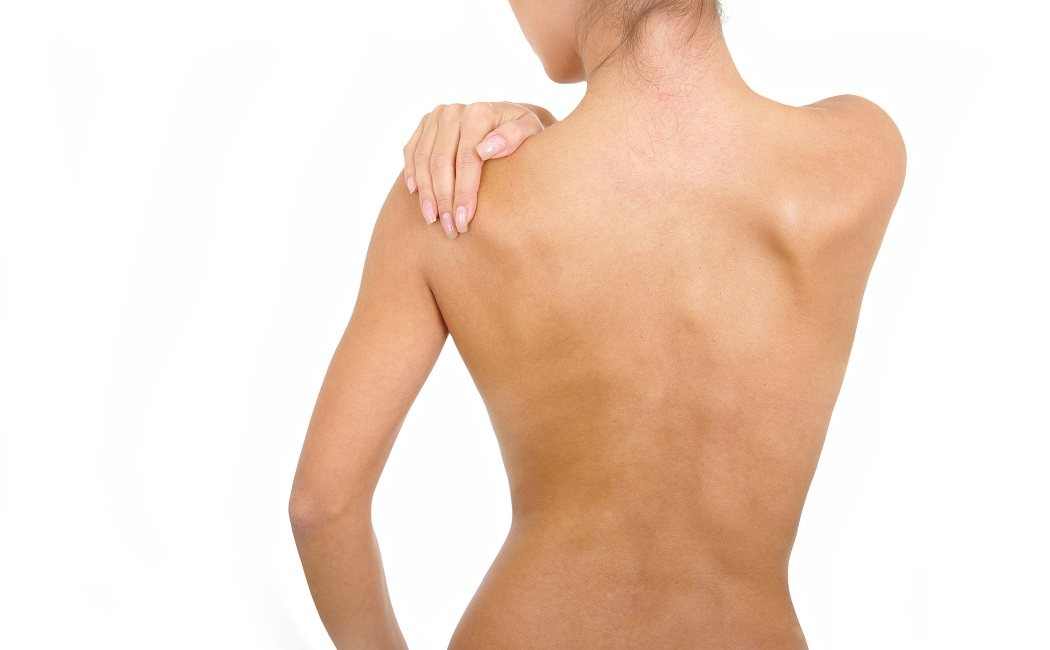Skin problems can occur when a person undergoes chemotherapy. Here are some What can be done with them?
Skin changes during the chemotherapy process are normal. You need to know what will happen. When should you be concerned? and steps you can take to protect your skin during this type of treatment. Fortunately, most of these problems are preventable and disappear soon after treatment is complete.
Common skin changes during chemotherapy
You may notice various changes to your skin depending on the chemotherapy medication you are receiving. Some of the most common symptoms during cancer chemotherapy may include:
- Red marks
- dryness
- skin discoloration
- rash
- sensitivity to sunlight
- Acne-like rash
skin problems
Your doctor may be able to recommend creams or things that can help you improve your skin condition. This depends on the cause of the skin problem. Below are some steps you can follow to improve the condition of your skin:
- Drink lots of water
- Use a gentle cream or lotion to moisturize your skin.
- Avoid products that contain alcohol or perfume.
- Apply lotion or cream after showering, before the skin is completely dry.
- Take a shower with warm water.
- If you have very dry skin Use oatmeal cream.
- Use a mild soap to wash your clothes.
- Use a gentle detergent to keep your clothes clean.
- Use fabrics like cotton and avoid things that irritate your skin like wool. Cold clothing may be more comfortable than tight clothing.
- Avoid spending too much time outdoors in places with extremely hot or cold weather.
- Protect yourself from the sun.
- Keep your skin clean and dry at all times.
- If you have acne, before using any treatment You will need to speak with an oncologist to tell you which method is best for you.
Sensitivity to sunlight during chemotherapy
There are certain chemotherapy drugs that can increase your chance of sunburn. and may become worse when combined with radiation therapy. The best protection is prevention, such as avoiding the midday sun and covering up.
Keep in mind that sunscreen can irritate skin rashes from chemotherapy. And it doesn’t always prevent sunburn on skin that is sensitive to the sun. Sunscreen combined with other physical measures (such as wearing a hat or sitting under a parasol) may be more effective for people receiving chemotherapy. It’s important to know your vitamin D levels.
Acne-like rash
Acne-like rashes occur more often in people receiving chemotherapy. They will need to ask your oncologist or doctor what methods you can use to control this type of rash. And what to do if symptoms get worse? Take your time to learn how to manage this type of skin problem.
radiation
When certain chemotherapy drugs are given during or shortly after radiation therapy May cause a rash resembling a severe sunburn. This can cause itching and burning that lasts from a few hours to a few days.
 Acne-like rashes occur more often in people receiving chemotherapy.
Acne-like rashes occur more often in people receiving chemotherapy.Your doctor may prescribe medication to treat the rash. And you may want to delay chemotherapy for some time. For example, for lung cancer This rash usually occurs on the chest. And it occurs most often when receiving the anticancer drugs Adriamycin (doxorubicin) and/or Taxol (paclitaxel).
Nail and toenail problems
Chemotherapy-related nail changes are usually separate from skin changes associated with these drugs. But it is important to note that there are many problems that people face. From loose nails to infections If you are worried about your nails Take a moment to talk with your doctor. Changes in your nails that you may have when you are under the effects of chemotherapy.
You must tell your oncologist about any skin symptoms. that you see at your follow-up appointments Even if you see something more unusual than usual. Go to the emergency room for evaluation. Any symptoms indicating infection, such as skin pain, fever, or fever, should be seen by a doctor as soon as possible. Additionally, symptoms of an allergic reaction, such as severe itching or hives, may be severe. can And it is important that your cancer care team is aware of this.

